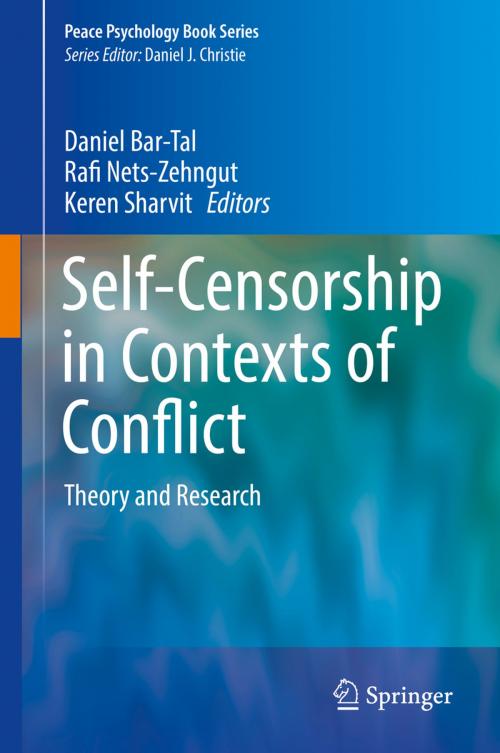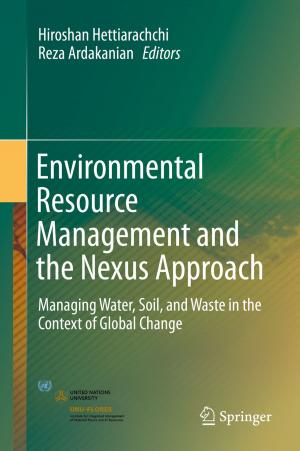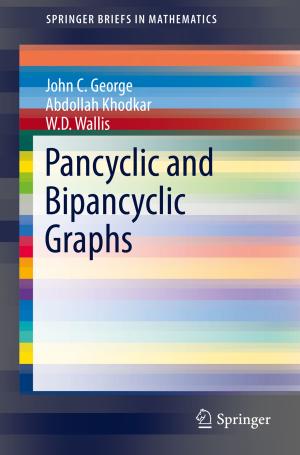Self-Censorship in Contexts of Conflict
Theory and Research
Nonfiction, Health & Well Being, Psychology, Personality, Social & Cultural Studies, Political Science| Author: | ISBN: | 9783319633787 | |
| Publisher: | Springer International Publishing | Publication: | October 30, 2017 |
| Imprint: | Springer | Language: | English |
| Author: | |
| ISBN: | 9783319633787 |
| Publisher: | Springer International Publishing |
| Publication: | October 30, 2017 |
| Imprint: | Springer |
| Language: | English |
This groundbreaking volume explores the concept of self-censorship as it relates to individuals and societies and functions as a barrier to peace. Defining self-censorship as the act of intentionally and voluntarily withholding information from others in the absence of formal obstacles, the volumes introduces self-censorship as one of the socio-psychological mechanisms that prevent the free flow of information and thus obstruct proper functioning of democratic societies. Moreover it analyzes this socio-psychological phenomenon specifically in the context of intractable conflict, providing much evidence from the Israeli-Palestinian conflict.
Moving from the micro to the macro level, the collected chapters put the individual as the focal unit of psychological analysis while embedding the individual in multiple levels of context including families, organizations, and societies. Following a firm conceptual explanation of self-censorship, a selection of both emerging and prominent scholars describe the ways in which self-censorship factors into families, organizations, education, academia, and other settings. Further chapters discuss self-censorship in military contexts, narratives of political violence, and the media. Finally, the volume concludes by looking at the ways in which harmful self-censorship in societies can be overcome, and explores the future of self-censorship research. In doing so, this volume solidifies self-censorship as an important phenomenon of social behavior with major individual and collective consequences, while stimulating exciting and significant new research possibilities in the social and behavioral sciences. Conceptually carving out a new area in peace psychology, Self Censorship in Contexts of Peace and Conflict will appeal to psychologists, sociologists, peace researchers, political scientists, practitioners, and all those with a wish to understand the personal and societal functioning of individuals in the real world.
This groundbreaking volume explores the concept of self-censorship as it relates to individuals and societies and functions as a barrier to peace. Defining self-censorship as the act of intentionally and voluntarily withholding information from others in the absence of formal obstacles, the volumes introduces self-censorship as one of the socio-psychological mechanisms that prevent the free flow of information and thus obstruct proper functioning of democratic societies. Moreover it analyzes this socio-psychological phenomenon specifically in the context of intractable conflict, providing much evidence from the Israeli-Palestinian conflict.
Moving from the micro to the macro level, the collected chapters put the individual as the focal unit of psychological analysis while embedding the individual in multiple levels of context including families, organizations, and societies. Following a firm conceptual explanation of self-censorship, a selection of both emerging and prominent scholars describe the ways in which self-censorship factors into families, organizations, education, academia, and other settings. Further chapters discuss self-censorship in military contexts, narratives of political violence, and the media. Finally, the volume concludes by looking at the ways in which harmful self-censorship in societies can be overcome, and explores the future of self-censorship research. In doing so, this volume solidifies self-censorship as an important phenomenon of social behavior with major individual and collective consequences, while stimulating exciting and significant new research possibilities in the social and behavioral sciences. Conceptually carving out a new area in peace psychology, Self Censorship in Contexts of Peace and Conflict will appeal to psychologists, sociologists, peace researchers, political scientists, practitioners, and all those with a wish to understand the personal and societal functioning of individuals in the real world.















